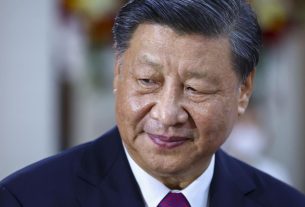Washington, D.C. – August 1, 2025
President Donald Trump has signed an executive order imposing new tariffs on dozens of countries, with rates set to take effect on August 7. The delay, announced late Thursday, allows time for final adjustments to the tariff schedule.
Broad Tariff Measures and Negotiation Outcomes
The new trade policy includes a baseline 10% tariff on all countries, with elevated rates for those deemed to have unfair trade practices or significant deficits with the United States. Initially announced in April and dubbed “Liberation Day,” the tariff rollout has been postponed multiple times to accommodate negotiations.
Several nations successfully reached agreements to reduce their tariff exposure. The European Union, for instance, secured a 15% rate following a political accord between Trump and European Commission President Ursula von der Leyen.
However, countries such as Brazil and Canada were unable to finalize deals and now face steep penalties—50% and 35% tariffs respectively. Switzerland (39%), India (25%), and Taiwan (20%) are also among those hit with higher-than-expected rates.
Political and Security Justifications
In a separate directive, Trump cited Canada’s alleged failure to curb cross-border fentanyl trafficking as justification for its increased tariff rate. The White House stated Canada had not done enough to “arrest, seize, detain or otherwise intercept traffickers, criminals at large and illicit drugs”.
Further complicating trade relations, Trump referenced Canada’s recent decision to recognize Palestine as a state, calling it a barrier to future agreements. Brazil’s tariff hike was similarly linked to political tensions, with Trump describing the trial of former President Jair Bolsonaro as a “witch hunt”.
Exceptions and Economic Rationale
Mexico was granted a 90-day extension to continue negotiations, highlighting the administration’s selective approach to enforcement. Trump has defended the tariffs as a means to stimulate domestic manufacturing, reduce budget deficits, and enhance U.S. leverage in global trade.
The tariffs apply to nearly $3 trillion in imported goods and mark a significant escalation in the administration’s trade strategy.



